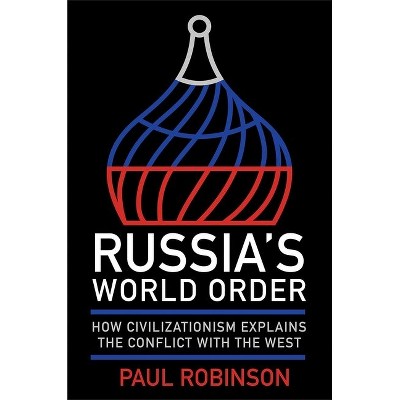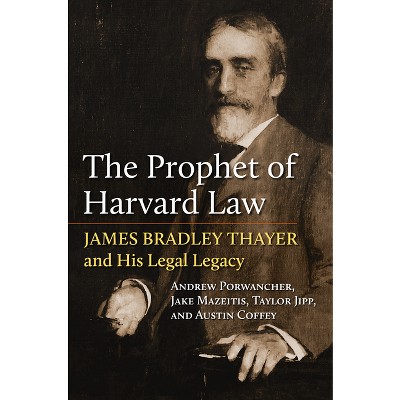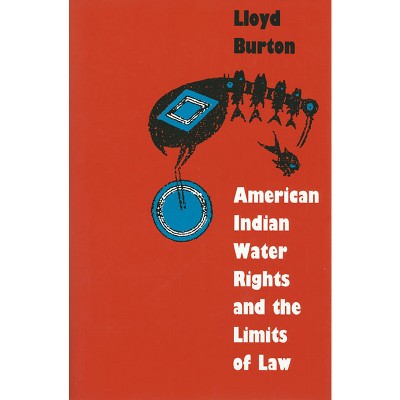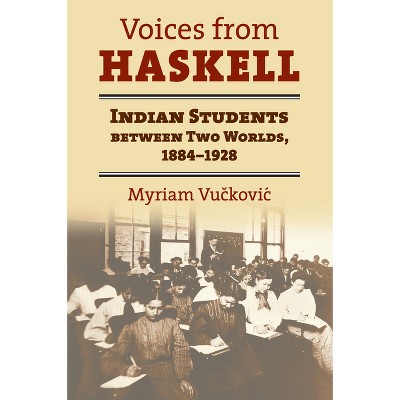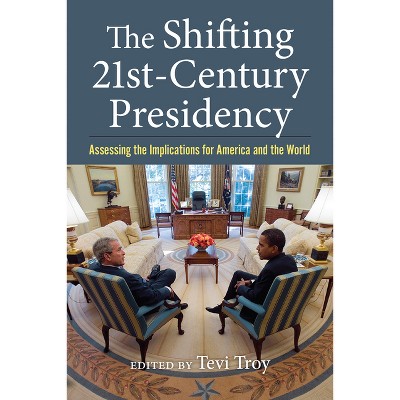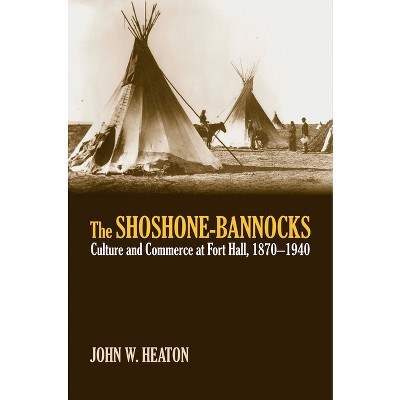Sponsored

Kenekuk the Kickapoo Prophet - by Joseph B Herring (Paperback)
In Stock
Sponsored
About this item
Highlights
- Most of the Indians whose names we remember were warriors--Tecumseh, Black Hawk, Sitting Bull, Crazy Horse, Geronimo--men who led their people in a desperate defense of their lands and their way of life.
- Author(s): Joseph B Herring
- 200 Pages
- History, Native American
Description
Book Synopsis
Most of the Indians whose names we remember were warriors--Tecumseh, Black Hawk, Sitting Bull, Crazy Horse, Geronimo--men who led their people in a desperate defense of their lands and their way of life. But as Alvin Josephy has written, "Some of the Indians' greatest patriots died unsung by white men, and because their peoples were also obliterated, or almost so, their names are forgotten." Kenekuk was one of those unsung patriots. Leader of the Vermillion Band Kickapoos and Potawatomis from the 1820s to 1852, Kenekuk is today little known, even in the Midwest where his people settled. His achievements as the political and religious leader of a small band of peaceful Indians have been largely overlooked. Yet his leadership, which transcended one of the most difficult periods in Native American history--that of removal--was no less astute and courageous than that of the most warlike chief, and his teachings continued to guide his people long after his death. In his policies as well as his influence he was unique among American Indians. In this sensitive and revealing biography, Joseph Herring and explores Kenekuk's rise to power and astute leadership, as well as tracing the evolution of his policy of acculturation. This strategy proved highly effective in protecting Kenekuk's people against the increasingly complex, intrusive, and hostile white world. In helping his people adjust to white society and retain their lands without resorting to warfare or losing their identity as Indians, the Kickapoo Prophet displayed exceptional leadership, both secular and religious. Unlike the Shawnee Prophet and his brother Tecumseh, whose warlike actions proved disastrous for their people, Kenekuk always stressed peace and outward cooperation with whites. Thus, by the time of his death in 1852, Kenekuk had prepared his people for the challenge of maintaining a separate and unique Indian way of life within a dominant white culture. While other bands disintegrated because they either resisted cultural innovations or assimilated under stress, the Vermillion Kickapoos and Potawatomis prospered.Review Quotes
"The book is an important addition to the growing literature on native religious movements because Kenekuk's life seems to have contradicted the experiences of other nineteenth-century native prophets."--Western Historical Quarterly
"Herring's engaging book offers an intriguing look at an unsung Indian patriot, a man whose peaceful accomplishments have been eclipsed by the dramatic and tragic exploits of such celebrated Indian warriors as Black Hawk, Crazy Horse, and Geronimo. As a case study in acculturation, this book recounts a unique situation in nineteenth-century United States-Indian relations as well as telling the life story of an intelligent, far-sighted individual committed to serving his people."--Journal of American Ethnic History
"This is a thoughtful and gracefully written study."--Ethnohistory
"As fully as the records permit, Herring provides an intriguing portrait of an Indian leader who was uniquely successful in adjusting to changes that devastated other Native Americans."--Journal of the Early Republic
"Herring has crafted a highly readable biography that not only examines in fascinating detail the life of a little-known American Indian prophet, but also chronicles U.S.-Indian relations from the 1820s through the 1850s."--Wichita Eagle-Beacon
"In a style that is both flowing and convincing, the author weaves a fine historical narrative that explains and interprets Kenekuk's life, preachings, and legacies."--Chronicles of Oklahoma
"This well-written book should encourage further study of similar accommodationist heroes prevalent throughout Indian history."--The Historian
"Although less well known than Handsome Lake, the Shawnee Prophet, or Wovoka, Kenekuk led a religious revitalization movement which attracted large numbers of followers among the tribes of Illinois and Kansas. This book provides a perceptive study of the man, his movement, and his times."--R. David Edmunds, author of The Shawnee Prophet
"A significant contribution to the field."--Arrell M. Gibson, author of The American Indian: Prehistory to the Present
"A fine study that relates Kenekuk to the national scene and to federal Indian policy very well. Herring's observations on the difference between acculturation and assimilation are extremely important."--Raymond Wilson, author of Ohiyesa: Charles Eastman, Santee Sioux
Shipping details
Return details
Frequently bought together
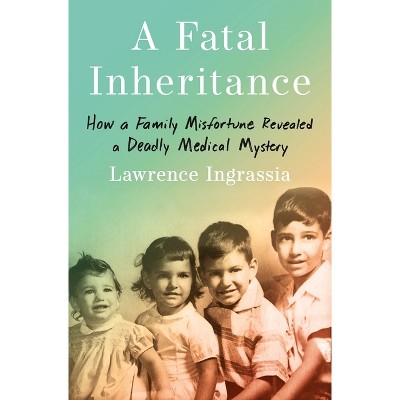

Trending Non-Fiction







